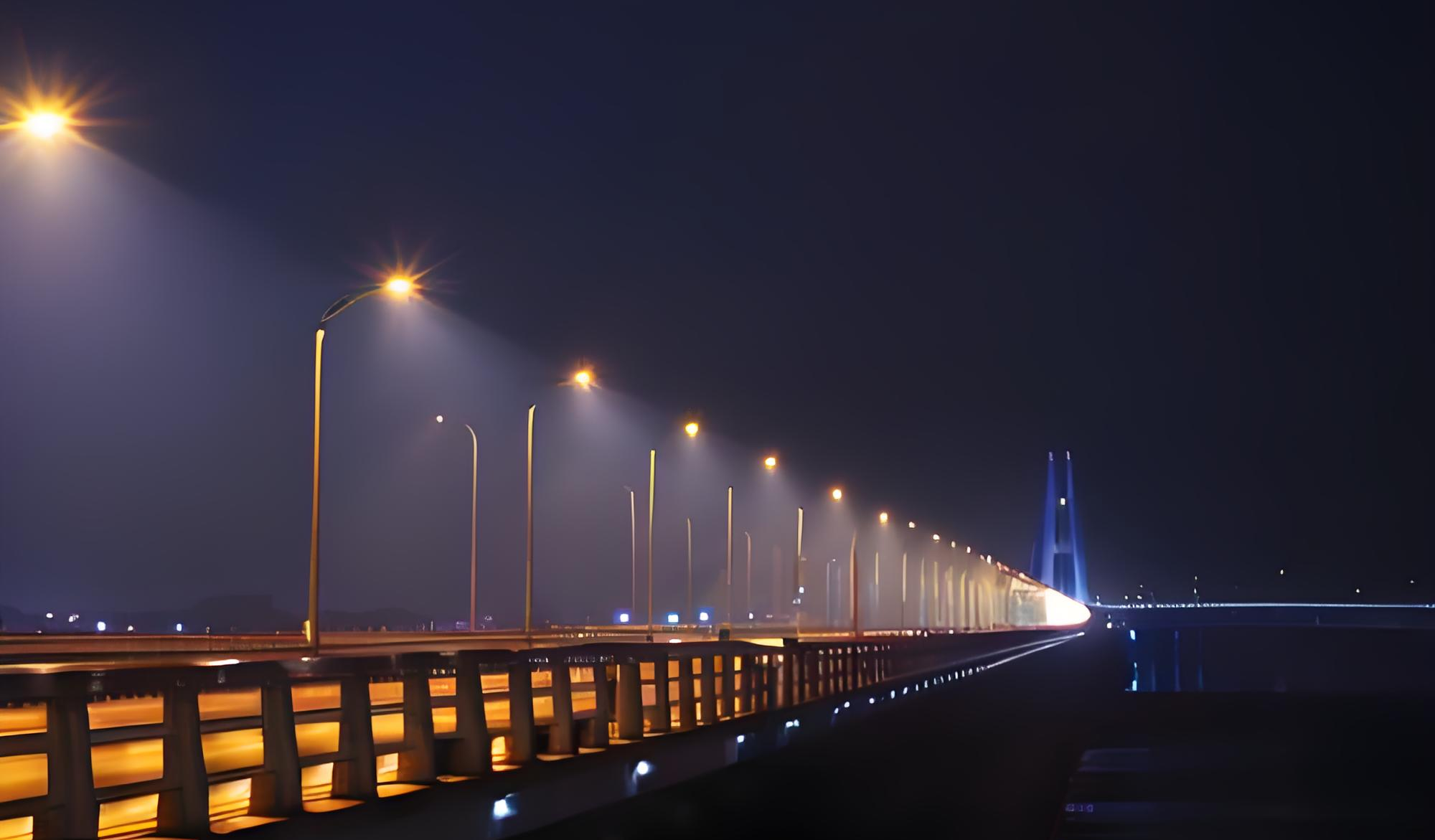As cities strive for sustainability and efficiency,
Smart Street Light Controllers have emerged as a cornerstone of smart city infrastructure. These controllers integrate advanced hardware and software to provide precise control over street lighting, responding dynamically to environmental conditions, traffic patterns, and public safety needs. By understanding their composition and capabilities, we can better appreciate how they contribute to the evolution of urban lighting solutions.
Components of
Smart Street Light Controllers
Central Processing Unit (CPU)
The CPU serves as the brain of the controller, responsible for processing data from various sensors, executing control algorithms, and communicating with other system components. It ensures real-time decision-making and adaptive lighting adjustments.
Sensors
Light Sensors: Measure ambient light levels to adjust the brightness of street lights based on day-night cycles or weather changes.
Motion Sensors: Detect pedestrian and vehicular movement, enabling lights to brighten when activity is detected and dim when areas are unoccupied.
Weather Sensors: Monitor temperature, humidity, and precipitation, allowing for adjustments to lighting conditions during adverse weather.
Communication Modules
These modules facilitate data exchange between the controller and other devices, including central management systems, other street lights, and smart city infrastructure. Common technologies include Wi-Fi, Zigbee, LoRa, and cellular networks.
Power Management Systems
Efficient power management is crucial for energy conservation. Smart Street Light Controllers often include energy meters to monitor consumption and power regulation circuits to adjust the voltage or current supplied to lights.
Storage and Memory
To support data logging, historical analysis, and firmware updates, controllers are equipped with storage devices such as SD cards or internal memory.

Functions of
Smart Street Light Controllers
Energy Efficiency
Adaptive Lighting: Automatically adjust light intensity based on real-time conditions, reducing energy consumption during low-traffic periods.
Dimming and Scheduling: Implement predefined schedules and dimming levels to optimize energy use.
Safety and Security
Motion-Activated Lighting: Increase illumination in response to detected movement, enhancing safety in public spaces.
Emergency Response: Integrate with emergency systems to provide enhanced lighting during crises.
Maintenance and Monitoring
Remote Control: Enable remote monitoring and control, facilitating proactive maintenance and reducing downtime.
Diagnostics and Alerts: Automatically detect faults and send alerts to maintenance teams, streamlining repair processes.
Smart City Integration
Interoperability: Seamlessly integrate with other smart city systems, such as traffic management, surveillance, and environmental monitoring.
Data Analytics: Collect and analyze data to inform urban planning decisions, optimize lighting strategies, and enhance overall city efficiency.
Aesthetic and Environmental Benefits
Dynamic Color Temperature Adjustment: Alter the color temperature of lights to create a more pleasant urban atmosphere.
Light Pollution Reduction: Minimize light spillage and glare, protecting the night sky and wildlife habitats.
Smart Street Light Controllers, through their sophisticated components and diverse functions, are reshaping the landscape of urban lighting. They not only enhance energy efficiency and safety but also contribute to the broader goals of smart city development. As technology continues to advance, these controllers will become even more integral to the operation and sustainability of modern urban environments, illuminating the path towards smarter, more livable cities.


 Energy Efficiency: How Remote-Controlled Street Lights Reduce Power Consumption
Energy Efficiency: How Remote-Controlled Street Lights Reduce Power Consumption
 Remote Control vs. Manual Control of Street Lights: A Comparative Advantage Analysis
Remote Control vs. Manual Control of Street Lights: A Comparative Advantage Analysis
 Lower Maintenance Costs with Smart Street Light Monitoring
Lower Maintenance Costs with Smart Street Light Monitoring
 Enhanced Public Safety Through Intelligent Street Lighting
Enhanced Public Safety Through Intelligent Street Lighting